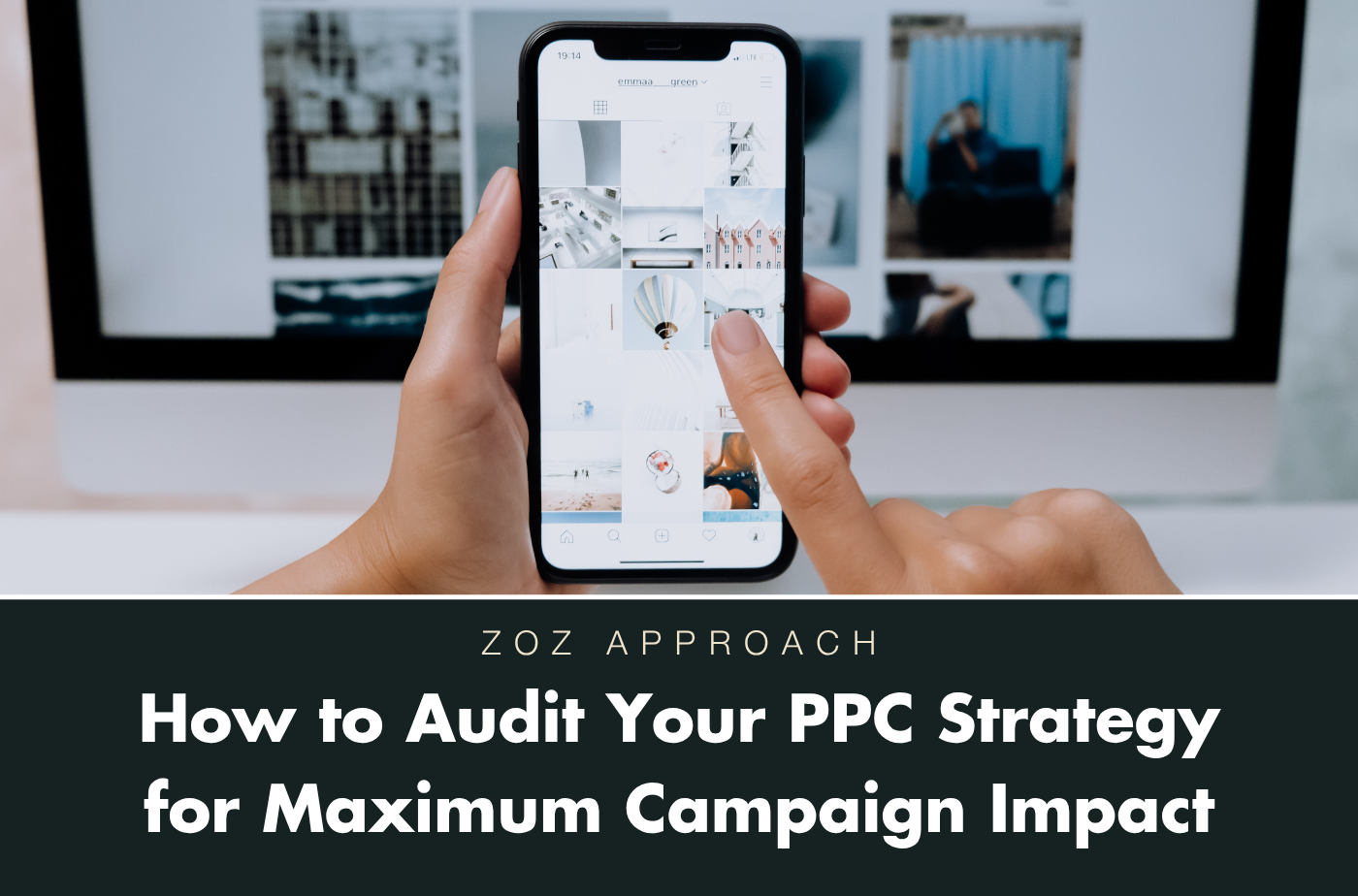In the world of performance marketing, your PPC campaigns shouldn’t just exist—they should thrive. At Zozimus, we believe every paid search strategy deserves a periodic gut check to ensure it’s aligned with your goals, optimized for efficiency, and delivering measurable results.
If your PPC performance has plateaued, or worse, declined, it’s time for a comprehensive audit. A well-executed PPC audit can uncover hidden inefficiencies, missed opportunities, and areas where your budget could be working harder.
Here’s how to approach a strategic, data-driven PPC audit that sets your campaigns up for long-term success.
Step 1: Revisit Your Business Goals
Before diving into platform metrics, step back and ask the big questions. Are your PPC campaigns still aligned with your broader business objectives? Are you focusing on brand awareness, lead generation, sales, or all of the above?
At Zozimus, we start every audit by reconnecting strategy to goals. Too often, we see campaigns optimized for clicks when the real objective is qualified leads or revenue growth. Setting the right KPIs will shape the entire audit process.
Step 2: Analyze Account Structure
A healthy PPC account starts with a logical and scalable structure. This means campaigns and ad groups should be segmented by product lines, audience intent, geography, or funnel stage—whatever makes the most sense for your business.
Look for signs of poor structure like:
Ad groups with too many loosely related keywords
Campaigns that mix branded and non-branded terms
Geographic targeting that’s too broad or too narrow
A clean structure not only improves Quality Scores but also makes future optimizations more effective.
Step 3: Evaluate Keyword Targeting
Keyword strategy is where many PPC campaigns drift off course. Are you bidding on high-intent, conversion-ready keywords? Are there irrelevant search terms draining your budget?
During your audit, review:
Search term reports to identify negative keyword opportunities
Keyword match types (broad, phrase, exact) and their impact on relevance and cost
Opportunities to expand into long-tail keywords with lower competition but higher intent
At Zozimus, we believe keywords aren’t static—they’re dynamic signals of consumer behavior. Your audit should treat them that way.
Step 4: Review Ad Copy and Creative
PPC success isn’t just about targeting—it’s about engagement. Audit your ad copy for relevance, clarity, and performance. Are your headlines compelling? Are your CTAs action-oriented? Are you A/B testing variations regularly?
For display and paid social campaigns, don’t overlook creative performance. Even the best targeting strategy will falter if your visuals and messaging aren’t resonating.
Step 5: Optimize Bidding Strategies
With automated bidding options like Target CPA, Target ROAS, and Maximize Conversions, it’s crucial to ensure your bidding strategy aligns with your KPIs.
During your audit:
Evaluate current bidding strategies and their impact on CPA and ROI
Review impression share metrics to identify missed opportunities
Consider testing new bidding models based on performance data
At Zozimus, we often find that slight adjustments to bidding strategies—paired with better audience segmentation—can unlock significant efficiency gains.
Step 6: Audit Landing Page Experience
A great PPC ad means nothing if it leads to a poor landing page experience. Review key elements like page speed, mobile responsiveness, and conversion-focused design.
Look at bounce rates, time on site, and conversion rates for each landing page. Are visitors taking the next desired action? If not, it’s time for CRO (Conversion Rate Optimization) initiatives.
Step 7: Dig into Audience Targeting and Segmentation
Especially for paid social and display campaigns, audience targeting can make or break your results. Use your audit to answer:
Are you leveraging remarketing lists effectively?
Are lookalike or similar audiences performing well?
Are you excluding irrelevant or low-performing audience segments?
The goal is simple: focus spend where it matters most.
Step 8: Analyze Conversion Tracking and Attribution
Without accurate tracking, even the most sophisticated PPC strategy is flying blind. Confirm that your conversion tracking is firing correctly across all platforms—Google Ads, Meta, LinkedIn, or wherever your campaigns live.
Additionally, evaluate your attribution model. Are you crediting the right touchpoints? At Zozimus, we help clients move beyond last-click attribution to models that more accurately reflect the full customer journey.
Step 9: Assess Overall ROI and Lifetime Value Impact
Finally, tie your audit back to the metrics that matter: ROI and Customer Lifetime Value (CLV). Are your campaigns profitable? Are you acquiring the right kinds of customers who bring long-term value?
This is where data modeling tools like Zozimus Predict can amplify your insights—giving you clearer visibility into how today’s PPC clicks drive tomorrow’s revenue.
Ready for Your PPC Health Check?
An effective PPC audit is more than a checklist—it’s an opportunity to realign, refocus, and dream bigger with your paid media strategy. If you’re ready to optimize your campaigns for real business impact, the Zozimus team is here to help.
Let’s turn your paid search spend into measurable growth.
BOSTON, MARS



